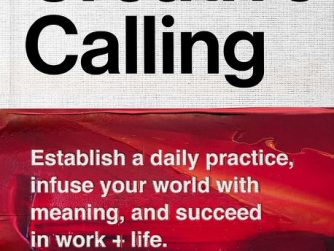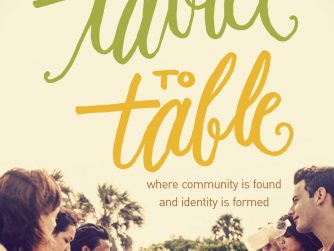 Mystic Way of Evangelism, The: A Contemplative Vision for Christian Outreach by Elaine A. Heath
Mystic Way of Evangelism, The: A Contemplative Vision for Christian Outreach by Elaine A. Heath
My rating: 4 of 5 stars
Content of the book
Elaine Heath argues that the church is in a dark night of the soul. It has thus lost its prophetic voice–its effectiveness in proclaiming the good news of redemption. Rather than resisting or decrying this state of affairs, the church, says Heath, ought to embrace its situation as a starting point to renew its vitality and consequently, its witness. A solution is proposed in the wisdom and contemplative spirituality of the great saints and mystics–people such as Julian of Norwich, Ignatius of Loyola, Phoebe Palmer, Henri Nouwen, and others.
This book brings fresh insights to the theory and practice of evangelism by examining it through the lens of the classic threefold path of purgation, illumination, and union. Different ways of thinking about evangelism are drawn from the lives and teachings of the mystics, and different ways of practicing evangelism are then proposed via narrative theology. The result is a holistic perspective, offering a corrective to programmatic and consumeristic forms of evangelism so prevalent today. Here is a unique contribution to the discussion on evangelism in our postmodern world.
Thoughts
I truly loved the concept of approaching the declining church culture as a “dark night of the soul.” I think it mirrors what many are going through individually and to adapt it to a corporate thought, even one as large as Western Christianity was not only unique but appropriate. My biggest fear in this is to look at the church in Europe and wonder how long the dark night of the soul lasts as it seems that Christianity there has been in the dark night for quite some time.
Heath brings together some unique areas of healing that must be addressed before this dark night can be over. She deals with issues such as race relations, gender issues and ecology. In taking on this task she develops the ideas of mystics from across all time and denominational spectrums to show how they might address the noted specific redemptive issues.
She addresses the need for the church to deal with gender segregation within the church. Many may not appreciate her passion in this topic. However, she makes a great point that culture sees gender equality in almost every area of society except the church, and there is a need to address this issue regardless of how one believes about the role of women in the ministry of the church.
Heath also addresses the role of the church in ecology. Ecological hazards, toxic spills, and the destruction and waste of rain forests and other natural resources is becoming more and more important to those outside the church. The church does need to address this issue as well, and help the culture understand its position.
Read from one perspective, however, one could see some of what she is describing as a means to to justify a political philosophy. I’m not sure she does, but I would suggest that it could be an influence. However, that is not wrong, nor is it improper. In fact, I think Heath is trying to prod the church to come to grips with the issues of gender, race, health care, ecology, etc, and to take a stand one way or the other.
I gave it four stars. I did this because it made me think, and I am appreciative of books that make me think. I do not agree with some of her conclusions, but I am trying to follow the advise of something I read recently: “Listen to friends for confidence and courage but listen to enemies for wisdom and information.” I would not consider Heath an enemy by any stretch of the imagination; however, it is good to read people one may not always agree with. I’m learning to do that and appreciate what they have to say.
This book will challenge you and that is a good thing. I enjoyed the read and found it to be enlightening.




Thank you, I feel there is a higher way and it is not about punishment and damnation.